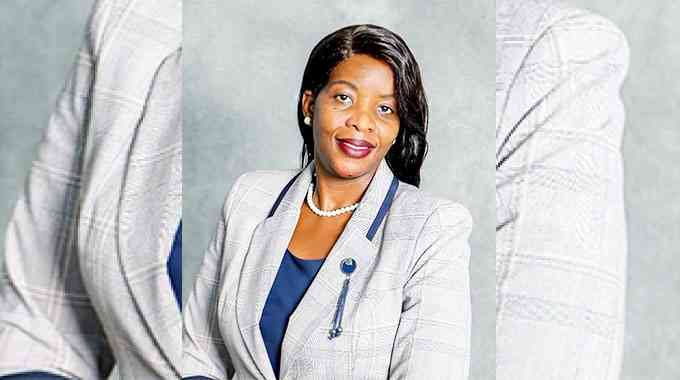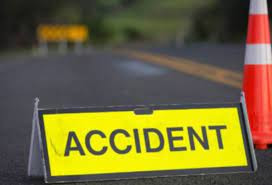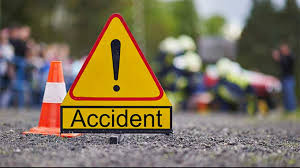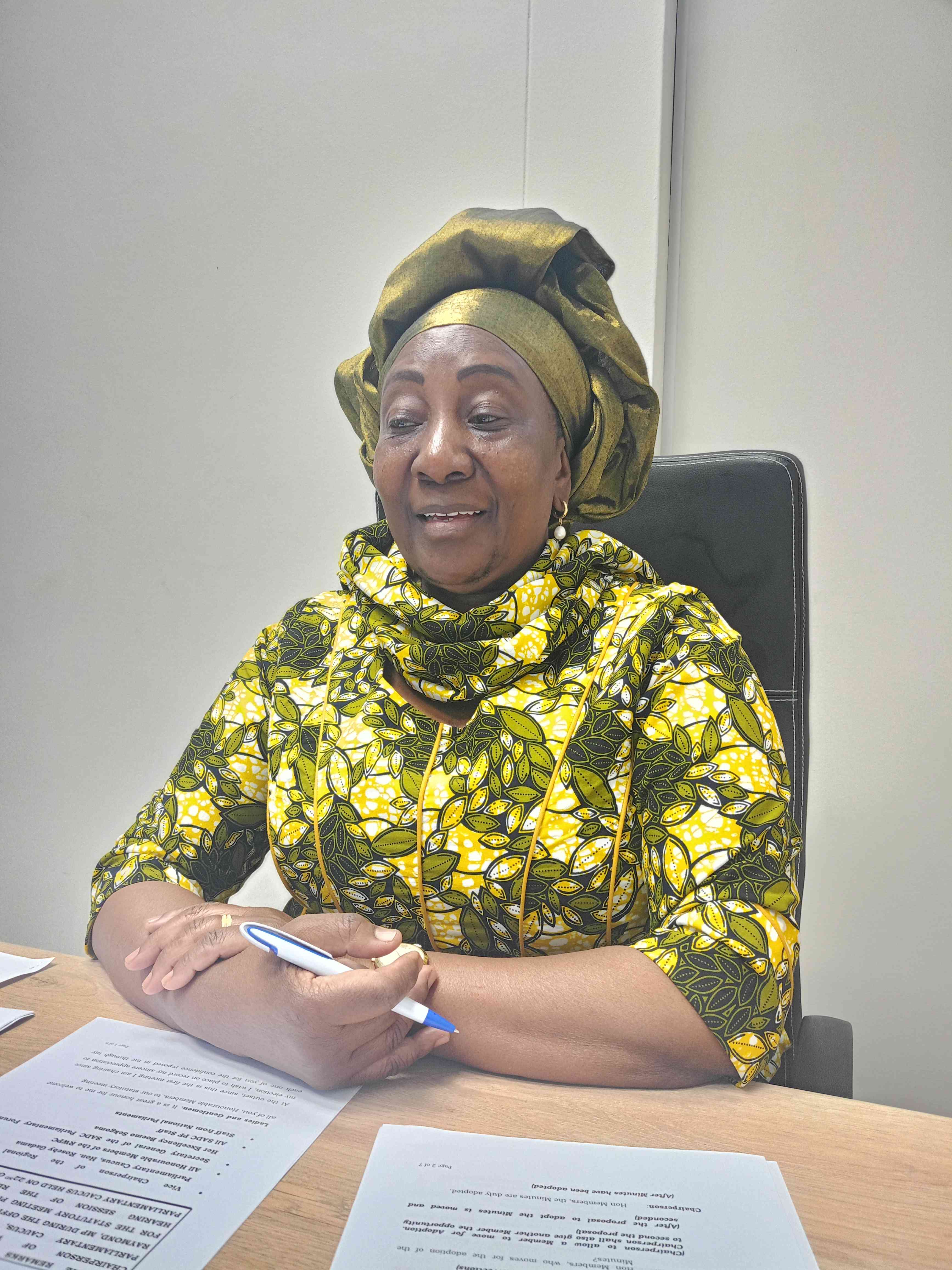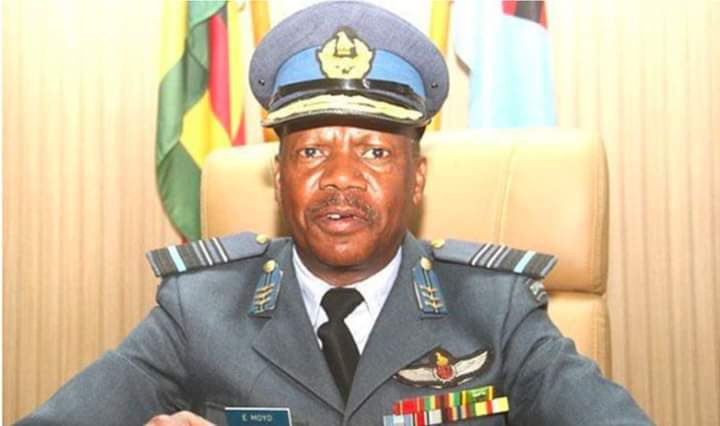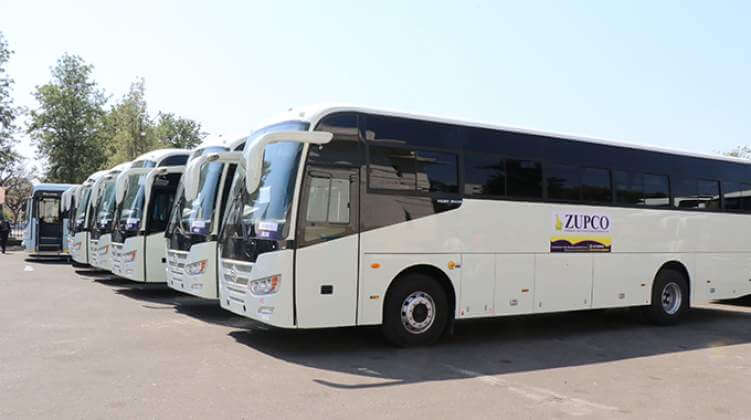
BY TAFADZWA KACHIKO ZIMBABWE Union of Drivers and Conductors (ZUDAC) president Frederick Maguramhinga has called for dialogue between transport operators and the government to end the Zupco monopoly which he blames for transport shortage in the country and an increase in the number of pirate taxis.
Government enforced Zupco’s transport monopoly in 2020 through Statutory Instrument (SI) 83 of 2020 as a way to control the spread of the COVID-19 virus.
“The crisis in the transport sector has taken another level. There is a stalemate between government and operators. There is no platform to discuss this because the door is closed. The SI 83 of 2020 states that no one shall run public transport outside the Zupco franchise. The birth of this arrangement wasn’t inclusive. It was imposed on operators. We were not given a chance to speak for our members. This system is surviving by force,” Maguramhinga said.
“We get $10 000 a day, which is less than US$25. With that kind of situation we will never succeed without calling for a stakeholder’s conference. We are urging the Local Government minister July Moyo to call for a crisis meeting and do away with politics. The Zupco monopoly will never be sustainable unless the government calls us to agree on how much should be given to operators, and also the currency used to pay operators. We would rather opt for cash than local RTGS currency. Without a contract, we are not going anywhere.”
“Government was misled by certain people that kombis were causing demonstrations. That was a lie. We are not linked to any political group or demonstration, and we have never called for any strike. We are not politicians. There are people who lied to Zanu-PF and President Emmerson Mnangagwa saying that we are political people. Government should accredit existing transport associations.”
Maguramhinga said the decision to push out about 20 000 kombis from the transport sector was a ploy to take over the transport industry by the government.
He said this had resulted in a rise in pirate taxis popularly known as mushikashika.
Greater Harare Association of Commuter Omnibus Operators (GHACO) secretary-general Ngoni Katsvairo said: “Payments to operators under the Zupco franchise should be done on time so that the money is paid while it has value. As a lasting solution, we appeal to the government to allow kombis to return under the ambit of registered associations.”
- Chamisa under fire over US$120K donation
- Mavhunga puts DeMbare into Chibuku quarterfinals
- Pension funds bet on Cabora Bassa oilfields
- Councils defy govt fire tender directive
Keep Reading
He said currently, operators were being paid $10 000, which is equivalent to US$25 per day, yet they should be getting US$80 per day.
“We need to buy spare parts for our vehicles, and these are sold in US$.”
Passengers Association of Zimbabwe (PAZ) acting national spokesperson Andrew Chibanda said there was a shortage of Zupco buses to service urban routes, adding that the transport monopoly brought more misery than good to the commuting public.
Chitungwiza and Manyame Rural Residents Association secretary Brighton Mazhindu said: “The continued Zupco monopoly is exposing residents to mugging as they are arriving to their homes late. The situation gets worse when schools open as students queue for public transport. Passengers — students included — spend most of the time in Zupco queues.”
Local Government minister July Moyo requested NewsDay to send questions in writing. He had not responded to the questions by the time of going to print.
- Follow Tafadzwa on Twitter @Tafadzw_Kachiko

